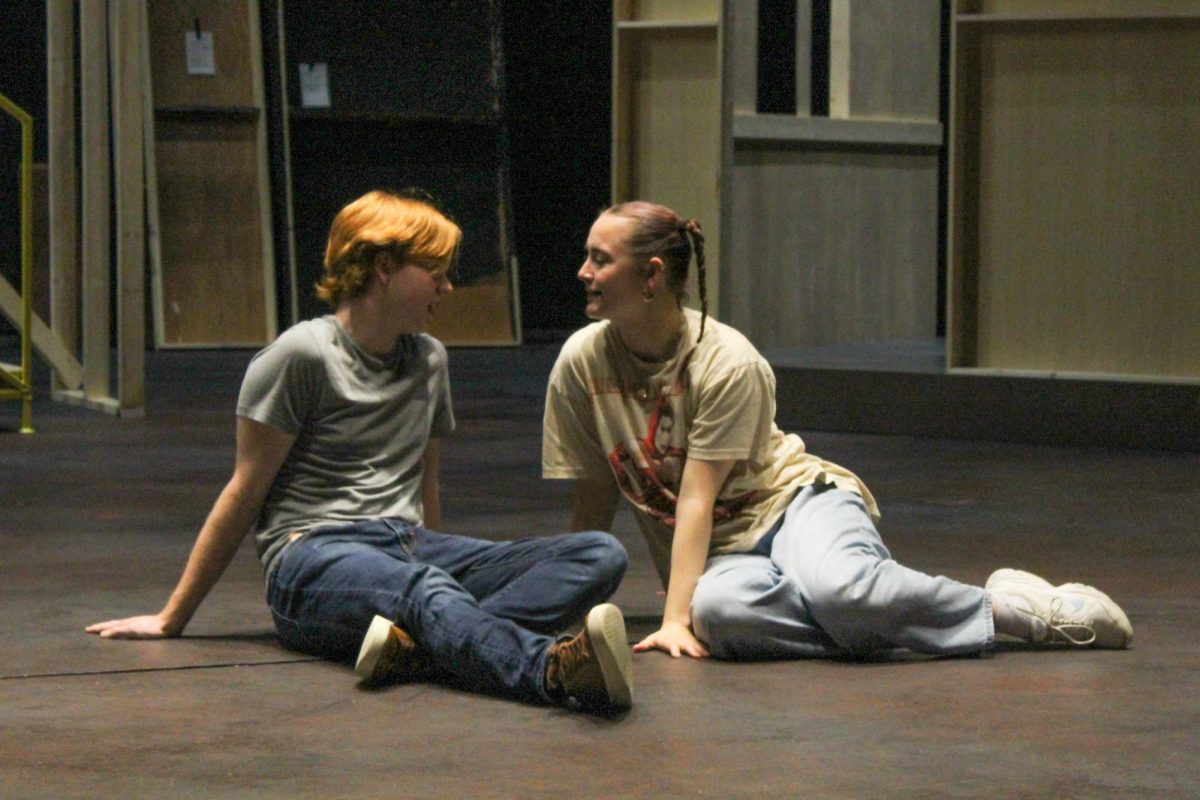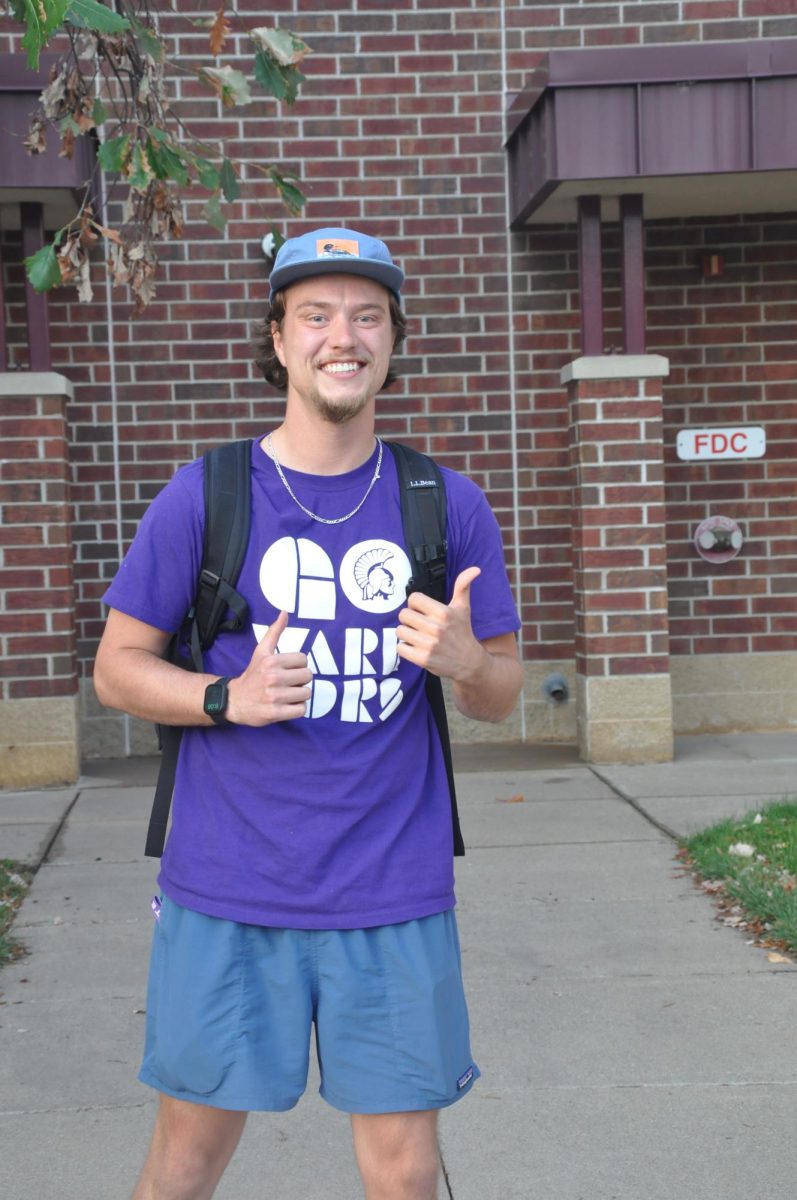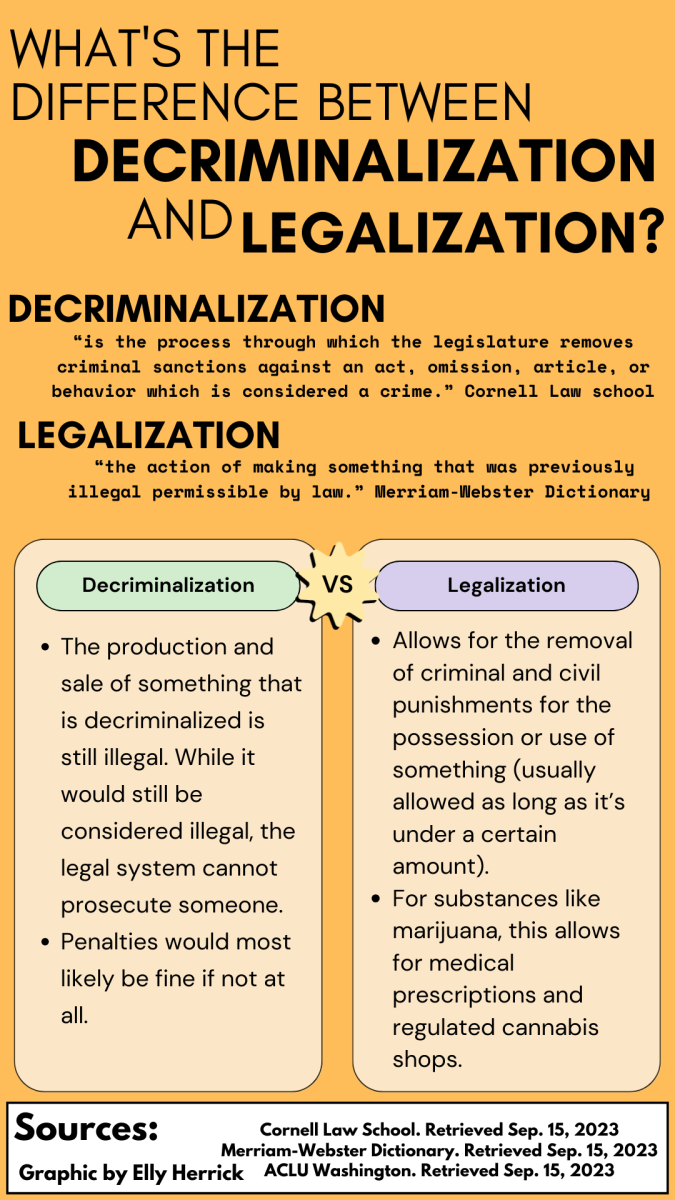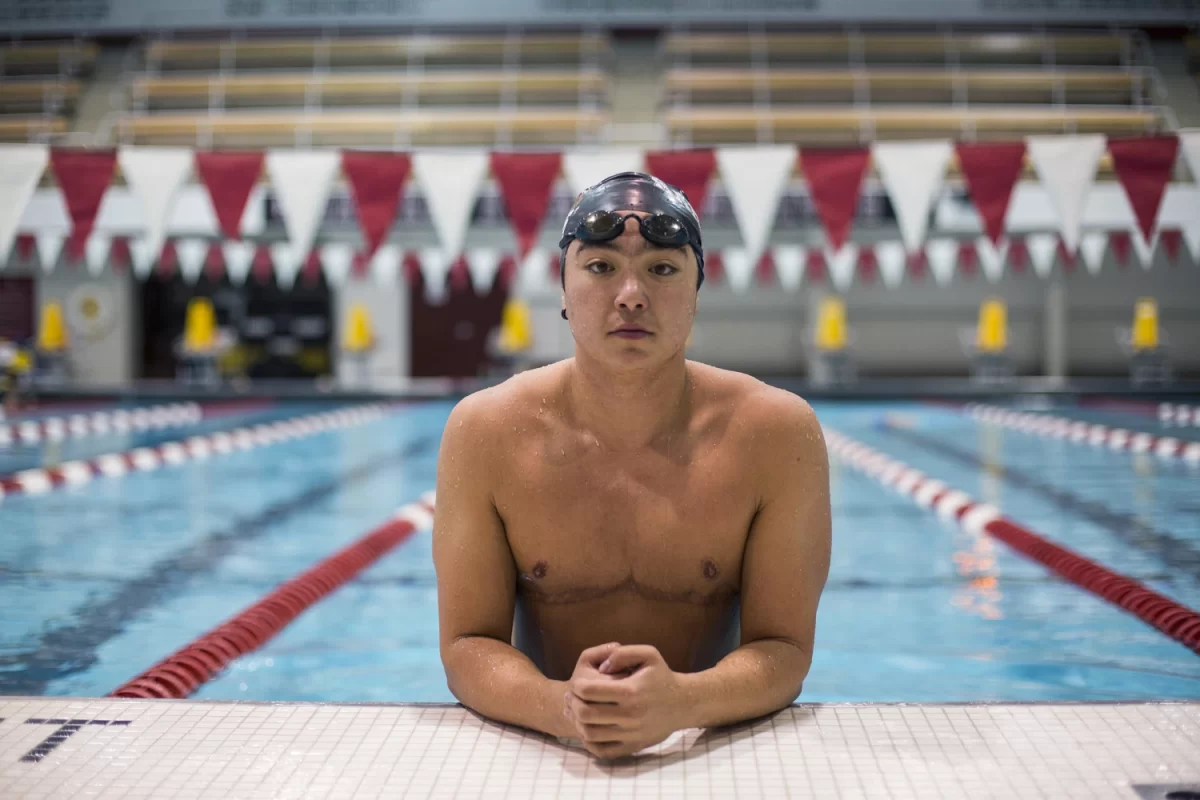Victoria McKenzie/ Winonan
As summer transitions into fall and students begin returning to Winona throughout August, orientation week brings with it our new incoming class and almost every student back to campus. The last few days of summer for students typically involve greeting old friends, meeting new ones and carelessly strolling along the streets of Winona enjoying the last few carefree days.
This year, attentions were called to a more serious issue than heading to the beach with friends and attending parties. A campus wide email described three attacks on Winona State University students all of which occurred within one night.
Although the intentions of the attacks are unclear, many people have speculated sexual violence could have been one of the motivators.
Back in 2013, a team of Winona State University faculty, staff, administrators and community members took actions to increase campus safety and attempt to stop to this type of violence.
The team applied for the Bystander Protection Grant from the Department of Justice in March of 2013. Winona State was rewarded the grant in September and put it into use January 2014.
The grant enables Winona State University to fund programs to help students fight against and recover from sexual violence.
Winona State hired Heather Gerdes to coordinate education and advocacy components for the university and the community. The grant funded the creation of Bystander Intervention, P.A.C.T. (Prevent, Act, Challenge and Teach) training and the Gender-Based Violence Helpline.
Studies found that Bystander Intervention prevents gender-based violence while increasing the number of reports of violence on college campuses.
Bystander Intervention aims to end the often-internalized victim blaming which occurs with sexual violence.
Many instances of sexual violence, especially on college campuses, involve alcohol and claim that a rape could naturally occur due to the number of drinks a person has or type of clothing he or she is wearing. This accusation is believed to wrongly hold the victim accountable, taking the blame off of the perpetrator.
Tamara Berg, the director of the Winona State women’s and gender studies department and principle investigator of the grant, comments on the irony of their goal being to increase reports of sexual violence; however, she explains when victims are within a culture that supports them, they are more willing to come forward.
Another goal for the grant this year is to train 500 Winona State students to become PACTivists. There will be trained peer educators to train in other students on the P.A.C.T. program in the hopes of changing rape culture on campus and in the community.
The campaign aims to have teachers hold the sessions during class time and to have other various clubs, athletic teams, fraternities and sororities hold the sessions for their members.
Acknowledging how lucky she feels, Kalika Valentine-Erickson, a junior at Winona State, said, “If something were to happen, I would know that I have somewhere to go and that I would be supported.
Valentine-Erickson finds the discussion of sexual violence and rape culture and the training of students to be important steps to overall cultural change on campus.
More students can get involved through the “Don’t Cancel That Class Campaign,” an hourlong, peer-led, educational session on the resources available on campus to victims of sexual violence and how to support the victims, so they feel free to report the incident.
People can find information about hosting these sessions from the Gender-Based Violence Helpline, another project funded by the grant. The helpline allows callers to call for information or support while remaining anonymous, if they choose. The helpline is staffed with trained peers who can help with anything from emotional support to how to file a restraining order.
Bystander Intervention, “engages all of those men and women who would never be perpetrators of gender-based violence and encourages them to stand up and say ‘I am going to try to understand rape culture and change it,’” Berg said.



































































